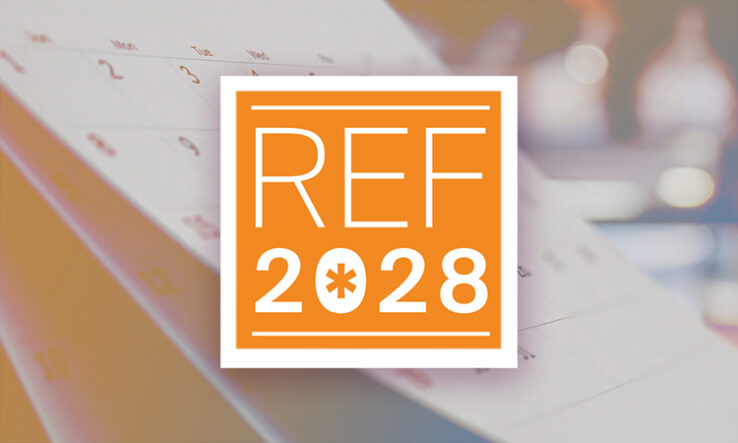
Changes show the knowledge business is the people business, say Rory Duncan and Paul Manners
The announcement a decade ago that the first Research Excellence Framework was to include the assessment of impact prompted huge disquiet in academia, with 18,000 researchers signing a petition to then prime minister David Cameron protesting against the move.
In the years since then, the REF has both driven and revealed a transformation in university research. Collectively, we have reimagined and refocused our approach, moving miles from treating an understanding of impact as something to be bolted on to the assessment of research and from treating environment assessment largely as a set of bureaucratic routines.
The publication in June of the initial shape of REF 2028 showed that the transformation is not over. The Future Research Assessment Programme (Frap), which shaped the next assessment, presents an altogether different paradigm for nurturing and producing knowledge. The subtlety, nuance and weightings of the assessment would have been unimaginable 10 years ago.
Not what, but how
In 2014, impact assessment was a relatively blunt tool. Now, the vital contribution of engagement has been recognised, embedding a recognition that universities need to develop their capability to realise public benefits from their research. Institutions should be judged by the value they create for academia, broad communities and societies, and should be as curious about the expertise beyond their walls as they are about disciplinary specialisations.
The biggest change this time is to the weighting and framing of people, culture and environment. It is not just what is done, it is how. This much more reflexive, people-centred view of research is to be welcomed, as it emphasises that the ways in which universities take care of their people and recognise the breadth of talent needed to do good work are crucial to leading capable, responsive organisations.
Contrasting REF 2028 with REF 2014, universities can perhaps enjoy a moment of self-congratulation that they have reshaped their public purpose in response to the changing knowledge needs of society. This is something both of us have pushed for throughout our careers in different universities, at the National Coordinating Centre for Public Engagement and elsewhere.
Such changes are reminiscent of the classic business school case studies of industries where rapid change led global companies to survive or die. Encyclopaedia Britannica was once a massive global knowledge brand, but it failed to grasp the significance of the internet until it was too late, believing itself to be in the books business rather than the information business. Likewise, faced with the rise of digital photography, Kodak failed to realise that it was in the data-recording business, not chemistry.
The Frap suggests that university research is living through a Kodak moment. Are we in the knowledge business or the people business? The Frap has concluded, quite rightly, that the former depends entirely on the latter.
So where REF 2014 described research in terms of ‘outputs’, now the talk is about broader contributions to knowledge and understanding. This foregrounds what research is good for, rather than—à la Britannica and Kodak—fixating on narrow questions of format and delivery.
Sense of purpose
There is, then, much to be cheerful about. But taking a bird’s-eye view of the changes that have already happened and have yet to come also gives pause for thought.
Do universities have the collective leadership, goodwill and collegiality that will be essential to realise the changes that the Frap is inviting, or do they risk missing a massive opportunity?
The danger is that, having seen what REF 2028 will require, universities retreat into professional silos: they build REF machines to operationalise the guidance, fixating on the details but missing the spirit of the shifts, and fiddle with symptoms of dysfunction rather than causes, developing sticking-plaster fixes. Here, competition trumps common purpose.
If this is not to happen, the next couple of years are crucial. There is a golden opportunity to continue to reimagine collective purpose, holding true to the responsibility to help build and sustain an inclusive, curiosity-driven society.
Of course, institutions and their staff need to wrestle with the technicalities of the Frap. But we also need to step back and seize the opportunity it presents to think about how all of a university’s efforts to build and share knowledge can be organised, and to ground this in values and idealism about knowledge’s role in creating a better world.
At root, this is about having a crystal-clear rationale for the work we do, and ensuring that the way we organise ourselves is led from the heart as well as the head.
Rory Duncan is pro vice-chancellor for research and innovation at Sheffield Hallam University. Paul Manners is co-director of the National Coordinating Centre for Public Engagement
This article also appeared in Research Fortnight